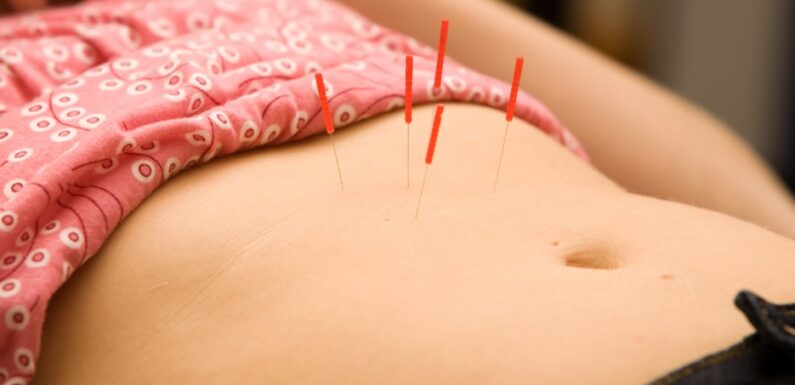
Struggling with fertility can be one of the most emotionally and physically draining experiences for individuals and couples alike. While traditional treatments like IVF and hormone therapy dominate mainstream options, more people are exploring natural, integrative approaches—particularly acupuncture. Those researching fertility acupuncture in Atlanta will find that this ancient practice offers tangible benefits for reproductive health, especially in reducing stress and enhancing egg quality. Acupuncture is rooted in Traditional Chinese Medicine and has been used for centuries to restore balance and optimize internal functions. In the fertility space, it’s gaining recognition for its ability to regulate cycles, improve ovarian function, and reduce the emotional toll of trying to conceive.
How Stress Impacts Fertility
Chronic stress disrupts hormonal balance and can interfere with ovulation, implantation, and overall reproductive health. The body interprets prolonged stress as a threat and shifts into a survival state, reducing the production of reproductive hormones like estrogen and progesterone. Acupuncture helps calm the nervous system, triggering the release of endorphins and lowering cortisol levels. This shift allows the body to exit its stress response mode, promoting a hormonal environment that’s more conducive to conception.
The Mind-Body Connection
Clients who undergo regular sessions report feeling more emotionally grounded and physically energized. This is particularly critical for those undergoing fertility treatments, where stress management is essential to maintaining hormonal stability and mental resilience throughout the process.
How Acupuncture Enhances Egg Quality
Egg quality plays a crucial role in fertility outcomes, especially for women over 35. Unlike quantity, which is fixed at birth, egg quality can be influenced by internal health and blood circulation. Acupuncture improves blood flow to the ovaries and uterus, delivering oxygen and nutrients that support cellular health and follicle development. Over time, this enhanced circulation contributes to stronger, healthier eggs and a more receptive uterine lining. It also promotes follicle maturation and balances reproductive hormones—both essential factors in increasing the chances of natural conception or IVF success.
Timing and Frequency of Treatment
Acupuncture’s benefits are cumulative and most effective when started early in the fertility journey. Practitioners often recommend beginning treatment three to six months before actively trying to conceive or starting assisted reproductive procedures. Knowing when to get acupuncture for fertility is crucial—many experts suggest starting treatments three to six months before trying to conceive for the best outcomes.
Backed by Holistic Science
In addition to improving physical parameters, acupuncture addresses the emotional and energetic imbalances that may contribute to infertility. It’s a whole-body therapy that views reproductive health as part of a broader systemic function. Understanding how acupuncture for fertility works involves recognizing its ability to regulate hormones, improve blood flow to reproductive organs, and reduce stress—factors that collectively support conception.
Conclusion
Fertility acupuncture is more than just an alternative—it’s a strategic and science-backed complement to conventional reproductive care. By reducing stress and improving egg quality through improved circulation and hormonal regulation, acupuncture offers both physical and emotional support during the fertility journey. For those seeking fertility acupuncture, this holistic option provides a grounded, effective path toward improved reproductive outcomes without the side effects of more aggressive interventions.

